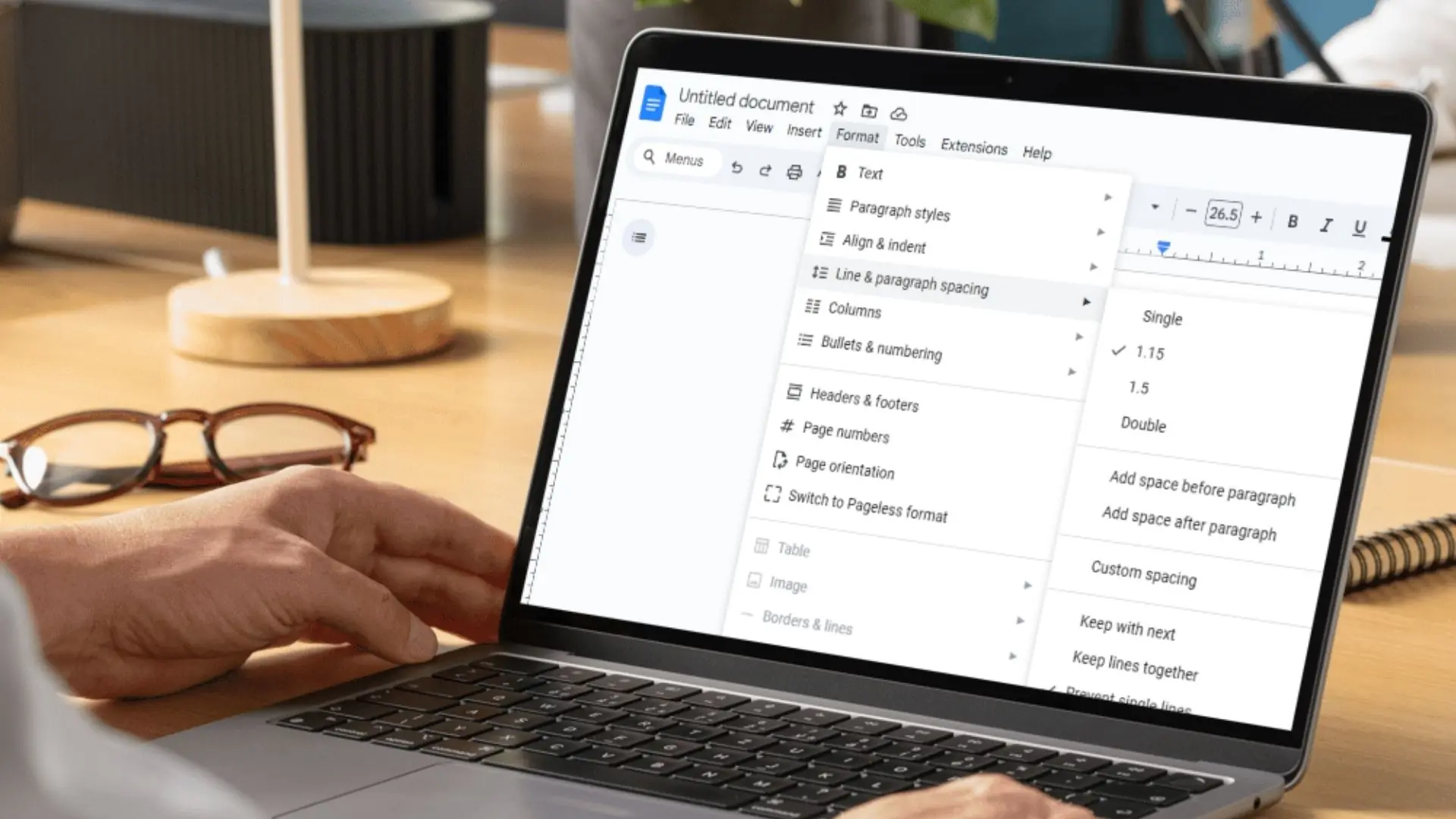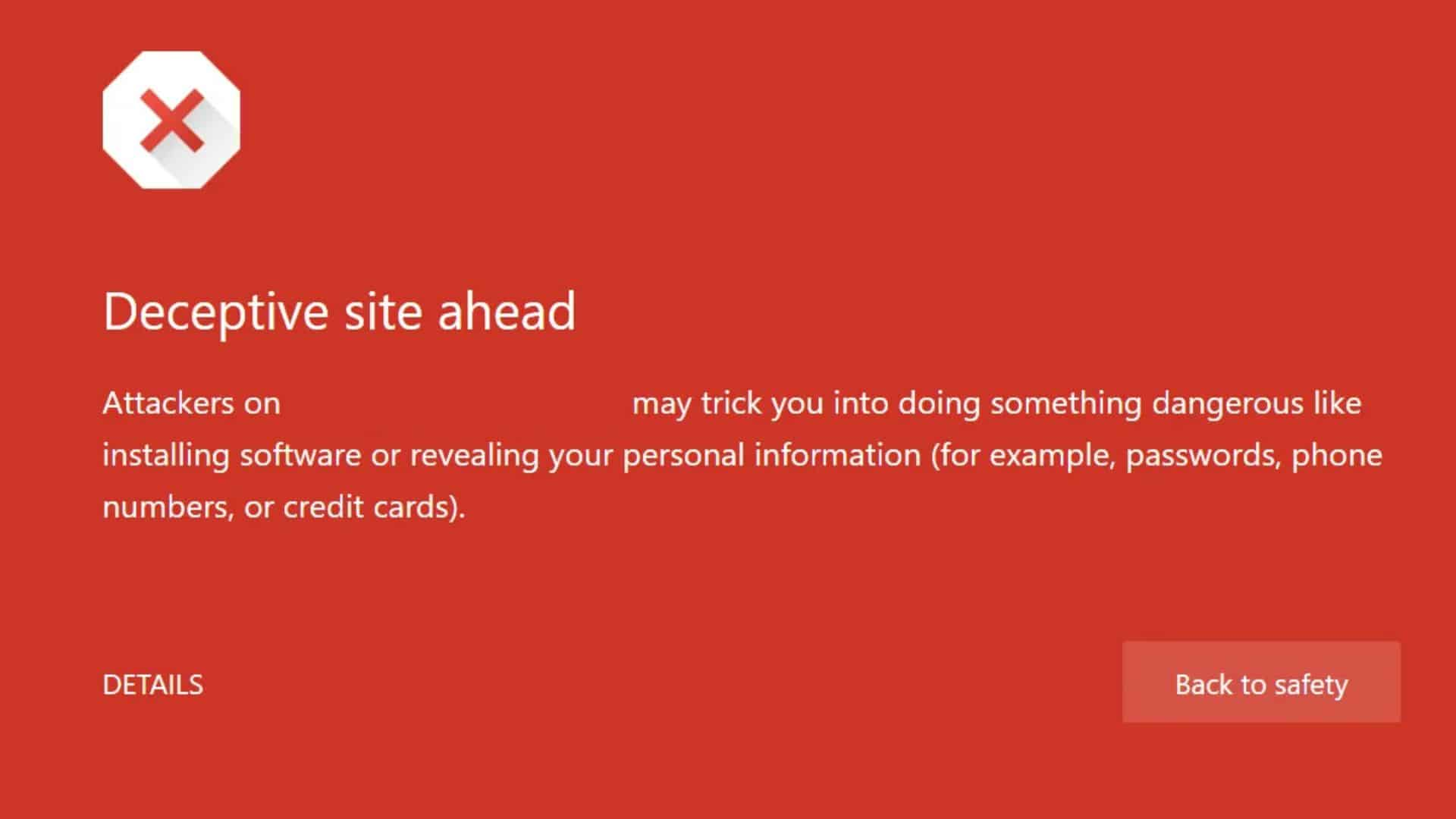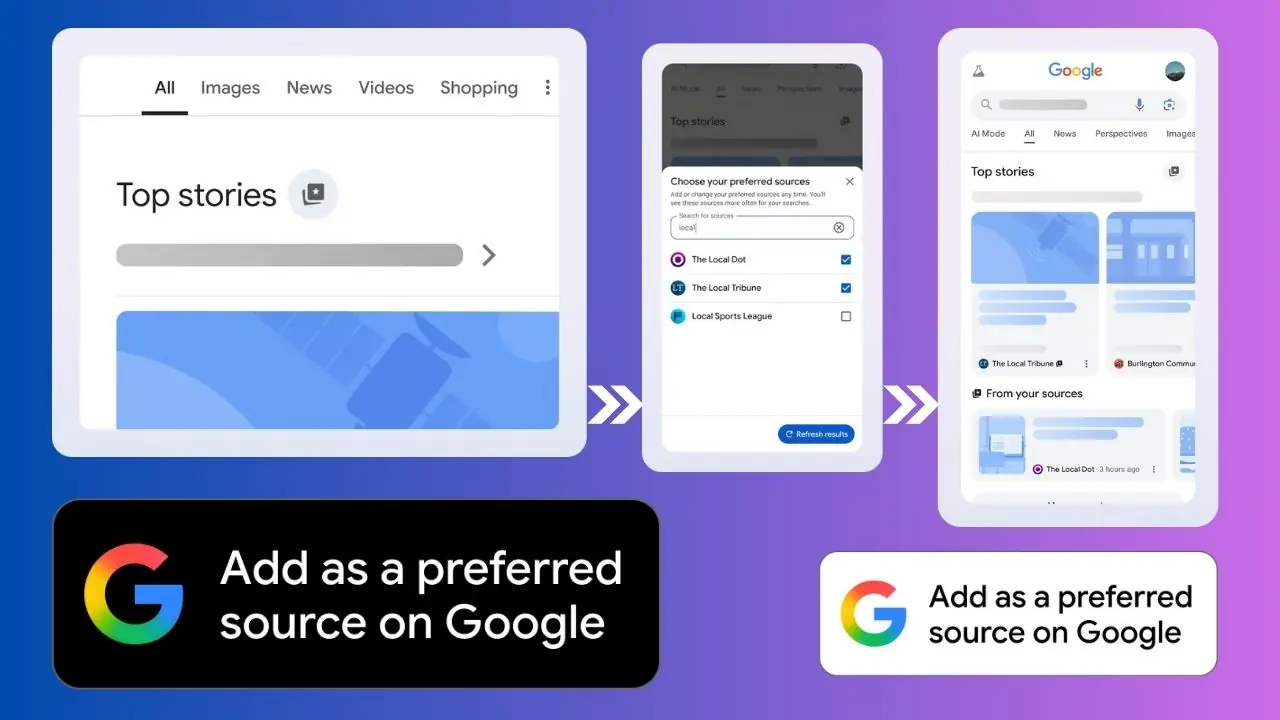When you search for something on Google, you’re expecting accurate, reliable, and useful results. Google strives to deliver the best possible experience by ensuring that the websites shown in search results adhere to specific guidelines. One of the most important aspects of these guidelines is Google’s “Site Reputation” policy, which is designed to prevent manipulation of search rankings. But what exactly does “site reputation” mean, and how does Google handle violations related to it?
What Is Site Reputation Abuse?
Site reputation abuse refers to the practice of exploiting a site’s established authority or ranking signals to promote third-party content for the sole purpose of manipulating search rankings. The goal is to exploit the trusted reputation of a website, which has earned a high ranking, by hosting low-quality, irrelevant, or spammy content. These tactics aim to improve rankings without providing real value to users.
For example, imagine an educational website that hosts a third-party page about payday loans. The page may appear legitimate, but it’s merely an attempt to manipulate rankings by taking advantage of the site’s high authority. This is a clear violation of Google’s spam policies. Other examples include a sports website hosting a third-party page about workout supplements or a medical site publishing content about gambling. These types of content are unrelated to the main purpose of the site but are published to manipulate search results.
Google’s Approach to Detecting Reputation Abuse
Google uses both automated systems and human reviews to detect spam and reputation abuse. Sites that engage in these practices can face serious consequences, including ranking lower in search results or being completely excluded from Google’s index. Google’s goal is to make sure that users get the best and most relevant results. If a website is caught manipulating search rankings through reputation abuse, it could be penalized.
If you notice a site that violates Google’s reputation guidelines, you can report it through the “Search Quality User Report” form. Google continuously updates and improves its detection systems, which helps keep search results clean and trustworthy.
Examples of Reputation Abuse in Action
Let’s take a closer look at some real-world examples of site reputation abuse:
Educational Websites: Suppose a website that ranks highly for educational topics starts publishing irrelevant pages. These pages might discuss subjects like the “best online casinos” or “how to get app store credits.” These pages have nothing to do with education, but the website is using its trusted reputation to boost their rankings.
Medical Sites: A reputable medical site could host third-party content about “best supplements for weight loss” or “top gambling strategies.” These pages may manipulate the site’s high authority to rank better in search, even though they offer no genuine value to users looking for medical information.
News Websites: Imagine a well-known news site starting to host third-party coupons or affiliate links unrelated to its core content. The primary reason for hosting these pages is to take advantage of the news site’s authority and attract more traffic, rather than provide valuable news.
Legitimate Third-Party Content: What’s Allowed?
Not all third-party content falls under the site reputation abuse category. Google recognizes that some third-party content can be valuable, such as syndicated news, press releases, or user-generated content. These types of content are generally accepted, as long as they don’t manipulate rankings or mislead users.
For example, a newspaper that runs a syndicated article from another publication is not violating any policies. Similarly, a website that hosts user-generated content like forum posts or comments is generally fine, as long as the content is relevant and adds value to the user experience.
When Does Google Take Action Against Reputation Abuse?
Google acts when it detects that a website is intentionally hosting irrelevant or low-quality content solely to manipulate rankings. If Google determines that the site’s primary intent is to manipulate search results, the website can be penalized. The penalty can range from lower rankings to complete removal from Google’s index.
If a website is caught in the act of reputation abuse, it must take corrective actions, such as removing the offending content or following Google’s guidelines for proper use of third-party content. Only after making changes can the site be reconsidered for re-inclusion in search results.
Why Is Reputation Abuse Such a Big Deal?
Reputation abuse is not just about ranking higher in search results. It also undermines trust in the search process itself. Users rely on Google to provide them with high-quality, relevant content. When websites use manipulative tactics to boost rankings, they distort the results, making it harder for users to find what they need. Google’s search system is built on trust, and reputation abuse erodes that trust.
Read More: Google Gets Caught Red Handed in Site Reputation Abuse (site reputation fail)
How Can You Protect Your Site from Reputation Abuse?
If you run a website, it’s crucial to stay informed about Google’s spam policies and ensure your site complies. Avoid practices that could lead to reputation abuse, such as hosting irrelevant or low-value third-party content. Always provide value to your users by ensuring that all content on your site is relevant and meaningful.
Additionally, monitor user-generated content on your site. User-generated spam, such as comment spam or forum posts with links designed to manipulate search rankings, can also harm your site’s reputation. Make sure to regularly moderate content and remove anything that violates Google’s policies.
Also Read: How to Avoid or Detect Redirect Scripts on Websites
Conclusion: Keep Your Site Clean and User-Focused
Google’s spam policies are designed to maintain the integrity of search results and ensure users get the best experience possible. Reputation abuse is one of the key areas Google focuses on to prevent manipulation of search rankings. By adhering to Google’s guidelines and providing valuable content, you can protect your site from penalties and build a trustworthy online presence.
If you come across a site that’s manipulating its reputation in search results, don’t hesitate to report it. Together, we can help keep the web free of spam and improve the overall quality of Google Search.








